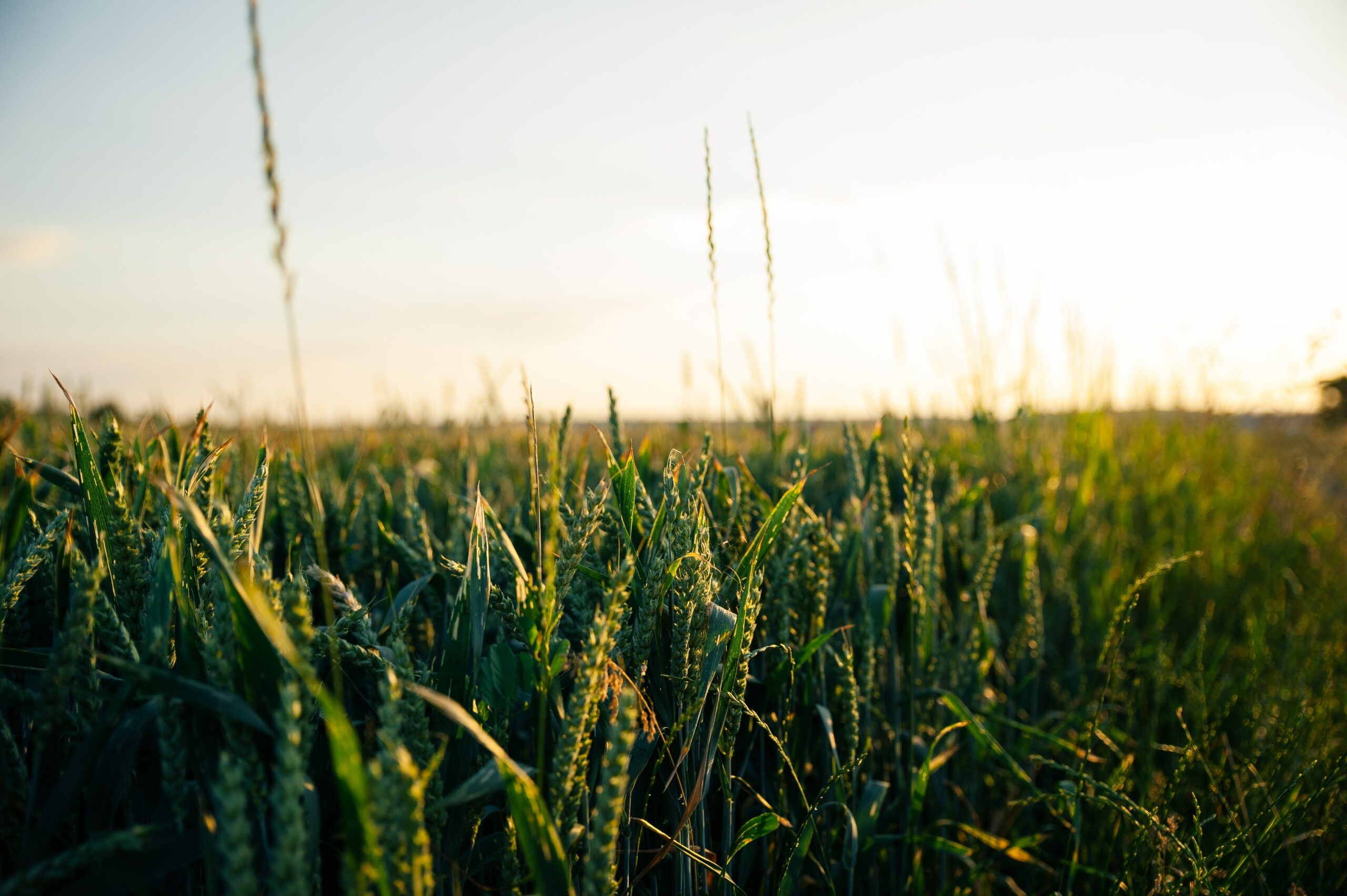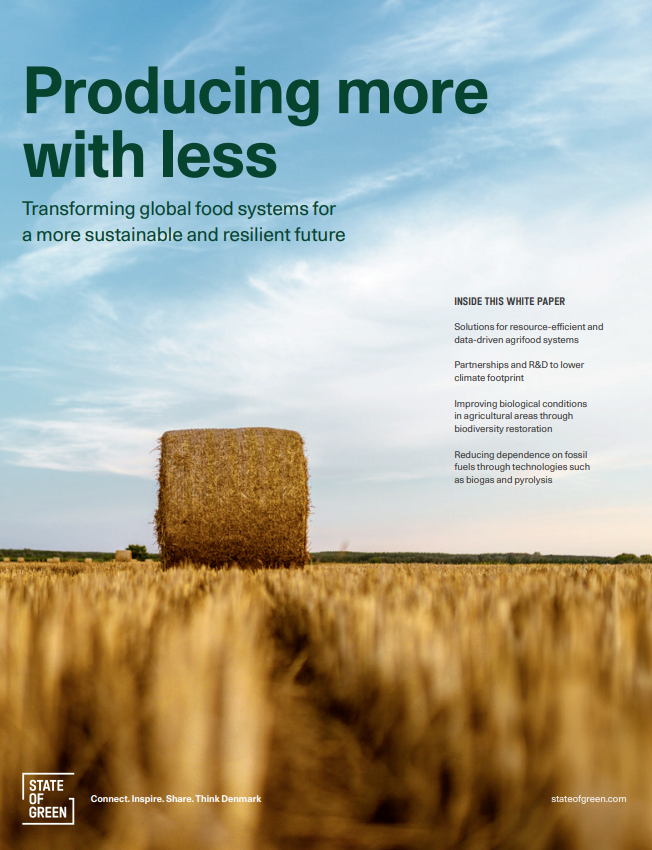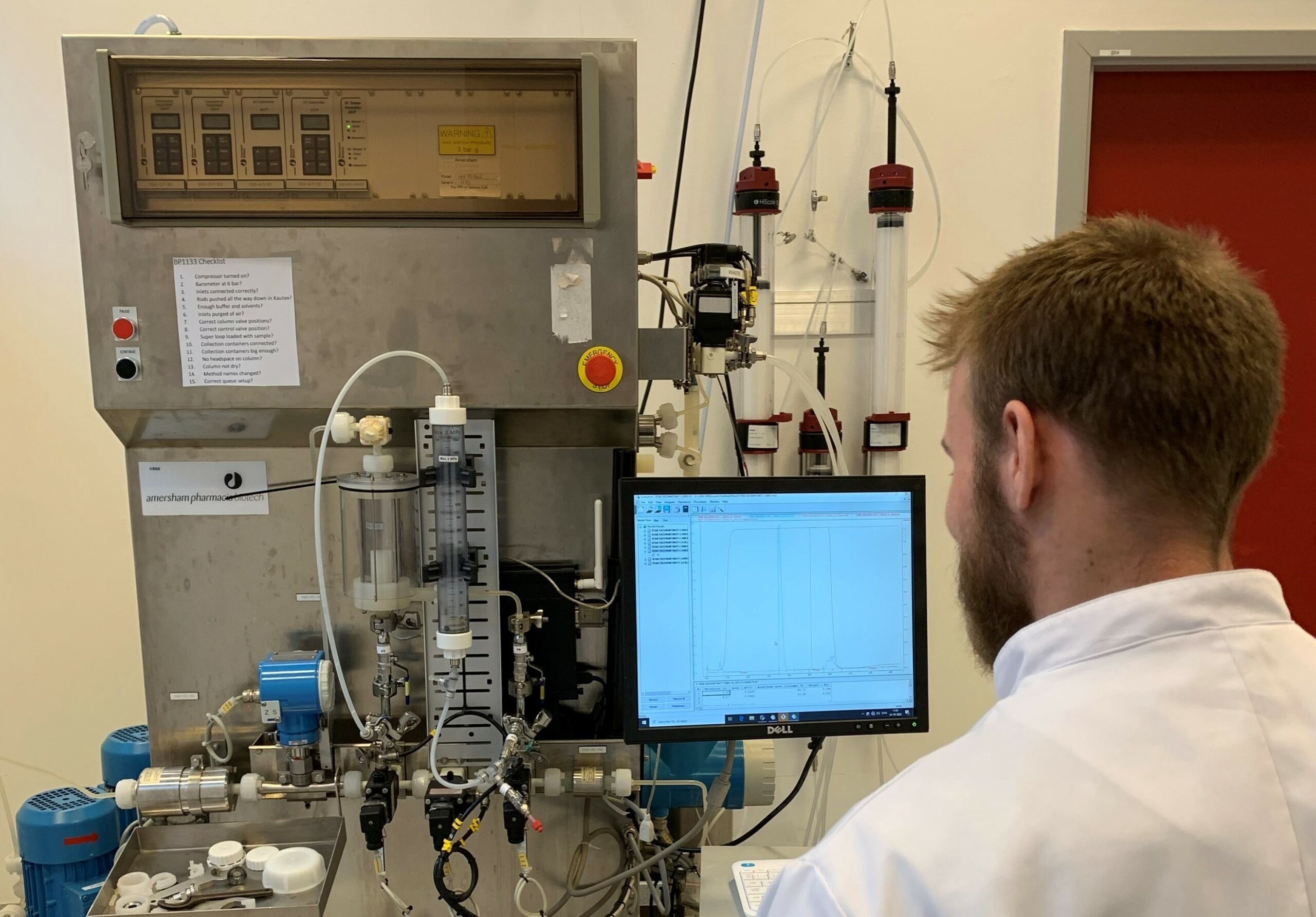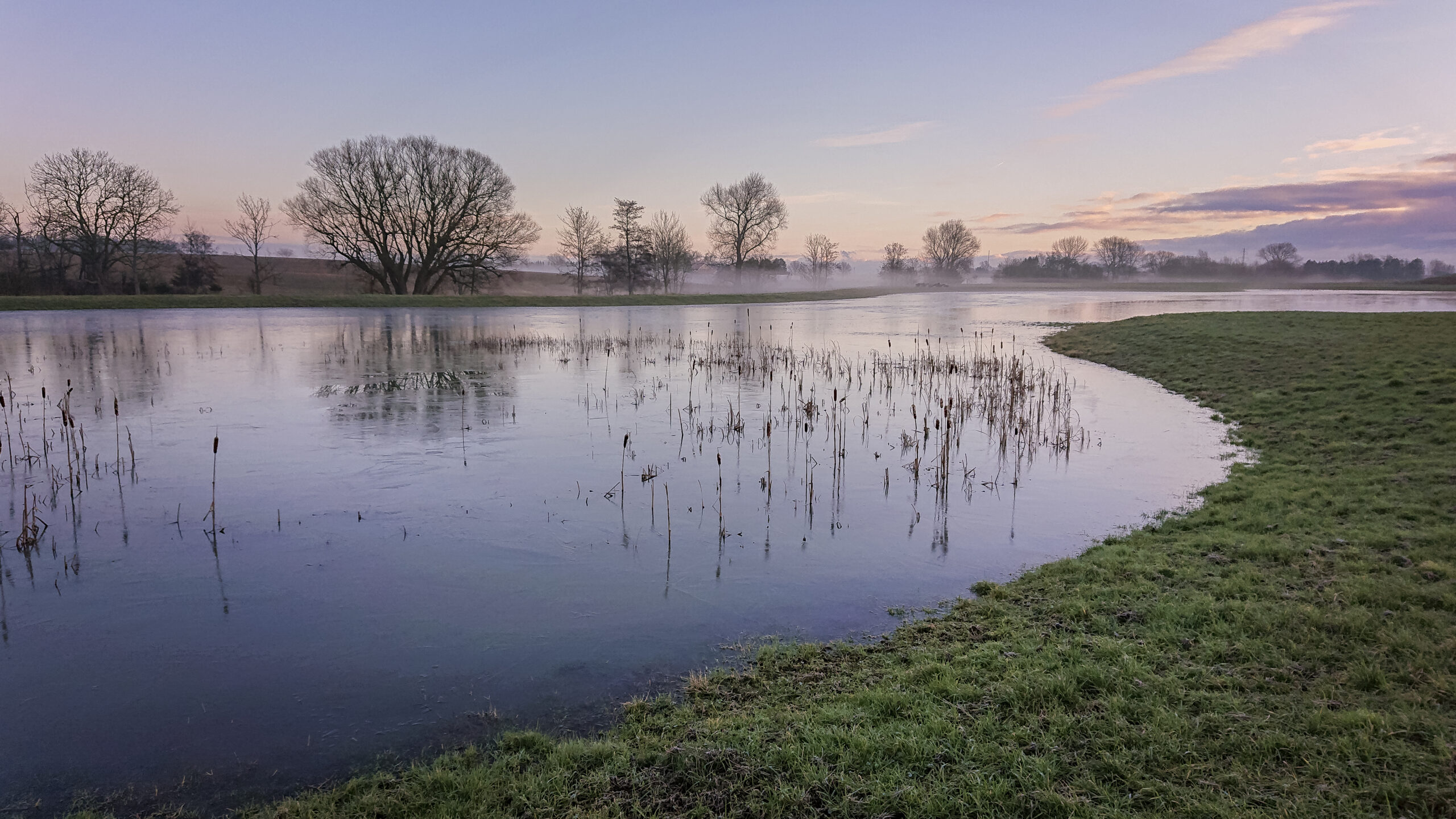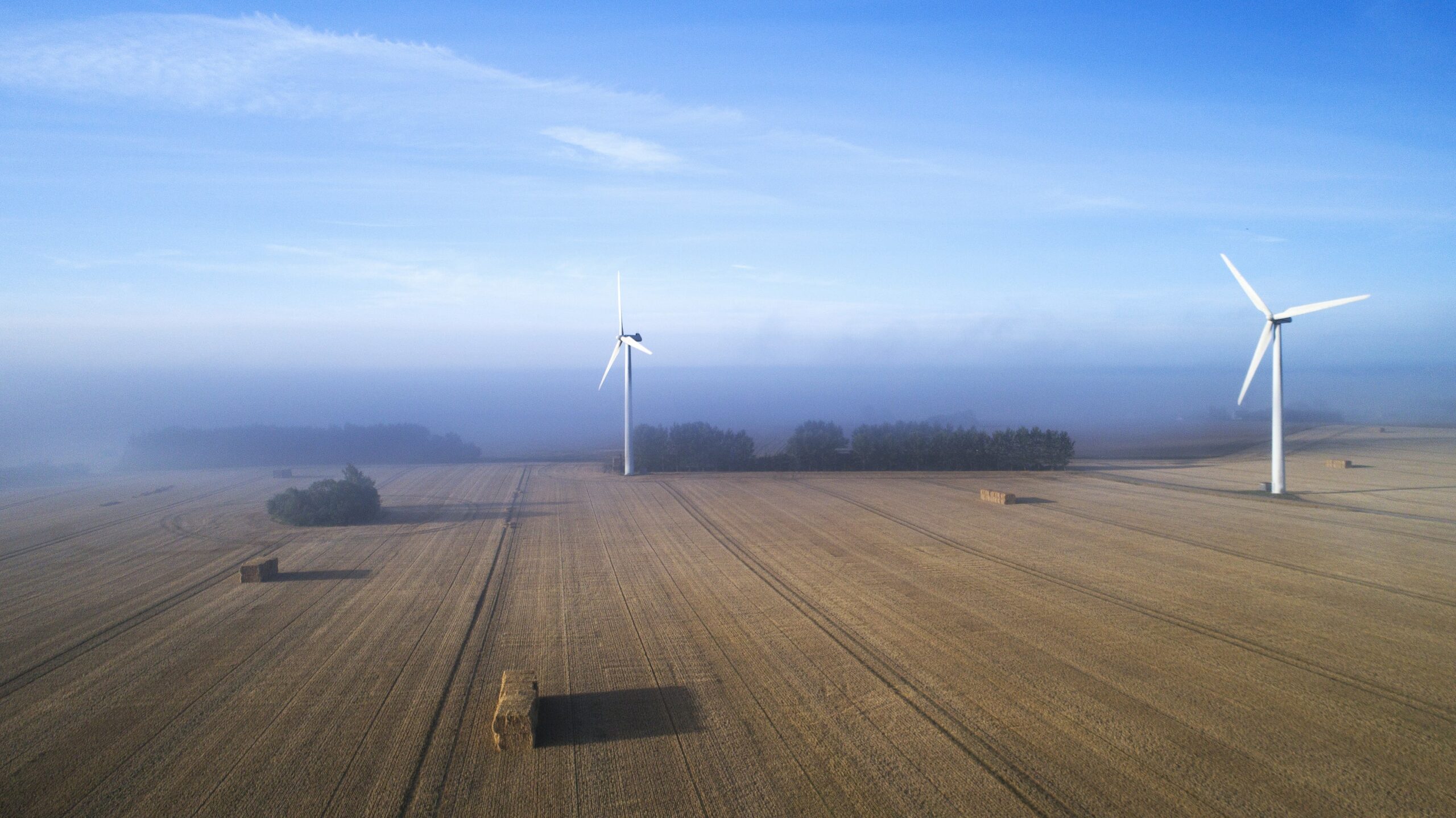According to the latest report from the Intergovernmental Panel on Climate Change (IPCC), the average temperature on Earth has already risen by 1.1 degrees. The IPCC report also highlights that global warming has led to an increase in both the intensity and frequency of extreme weather events such as heatwaves and heavy rainfall.
The realities of climate change are impacting global food production substantially as traditional crops struggle to cope with these increasingly challenging weather patterns. As a result, food production has become more difficult and unpredictable. Combined with a steadily growing world population, this presents a serious threat to global food security. For this reason, developing new crops that are better adapted to these conditions is essential to ensure that we can provide enough food to sustain health and well-being in society. We need to produce more with less by optimising production and think in more circular terms by exploiting biorefining potentials and ensure cascade utilisation of bioresources so that all residual and side streams are used for other purposes.
Adaptation from drought to flood
In recent years, Denmark has experienced several dry summers which have significantly reduced crop yields. As such, the need for drought tolerant crops has become increasingly apparent. In response, Danish researchers and companies have been working to develop new crop varieties that are better adapted to these dry conditions. These crops are designed to use water more efficiently, allowing them to survive on less water and maintain their yields even during sustained periods of drought.
On the other end of the spectrum, heavy rainfall and floods can damage crops, reduce soil fertility, and increase the risk of pest infestations. Climate change is also altering the range and behaviour of pests and diseases that affect crops, which poses a significant threat to food production. Warmer temperatures can create a more favourable environment for pests and pathogens, leading to higher infestation rates and more severe disease outbreaks. In sum, food production in every conceivable climate is faced with potential crop losses and reduced yields. To adapt to a changing climate, farmers need to adopt new resilient practices and technologies. Future crops must be designed to handle unstable weather and new technology must be developed and applied sooner rather than later.
Denmark is committed to being a forerunner in enabling this development. By continuing to employ the interconnectedness of stakeholders across the production chain, we can work to build a more resilient food system that can withstand the challenges of changing climate.
